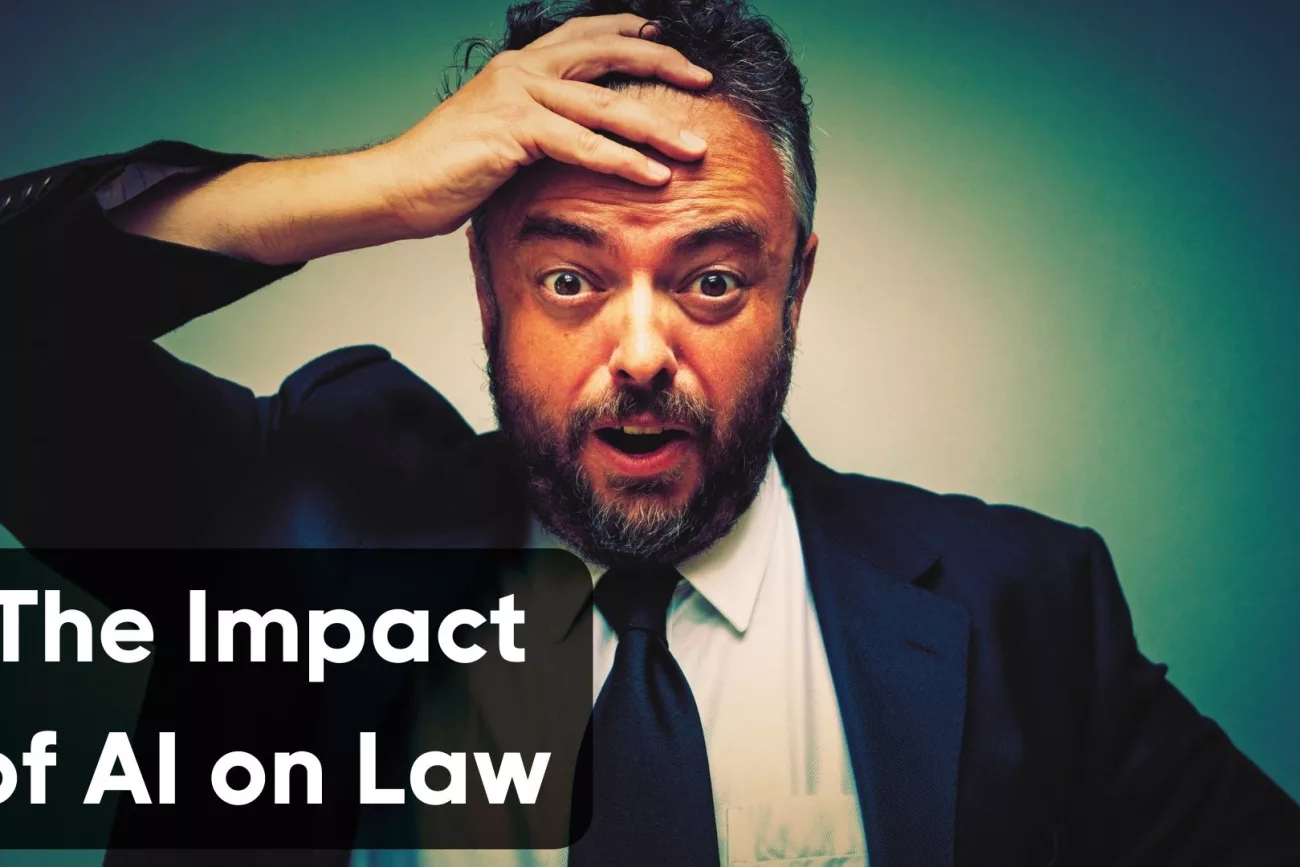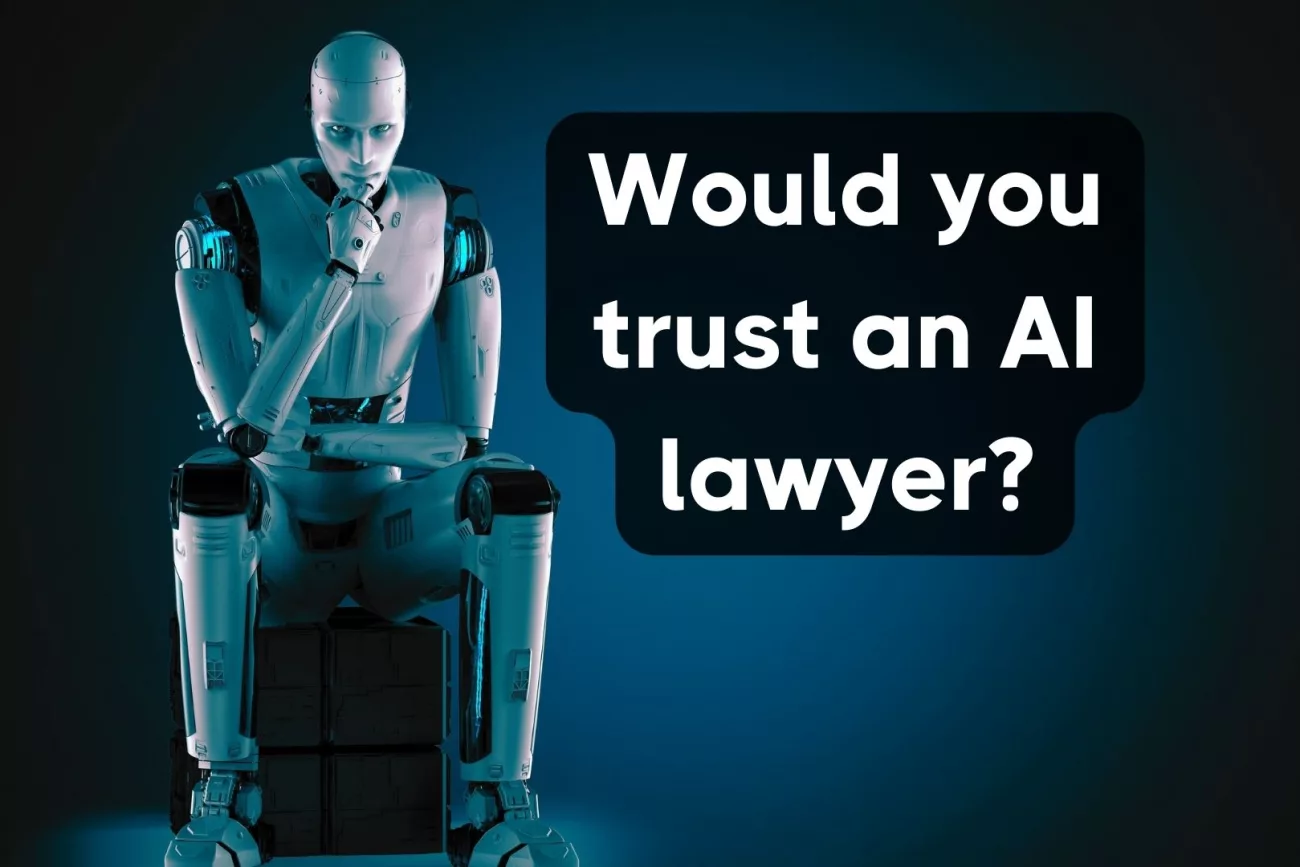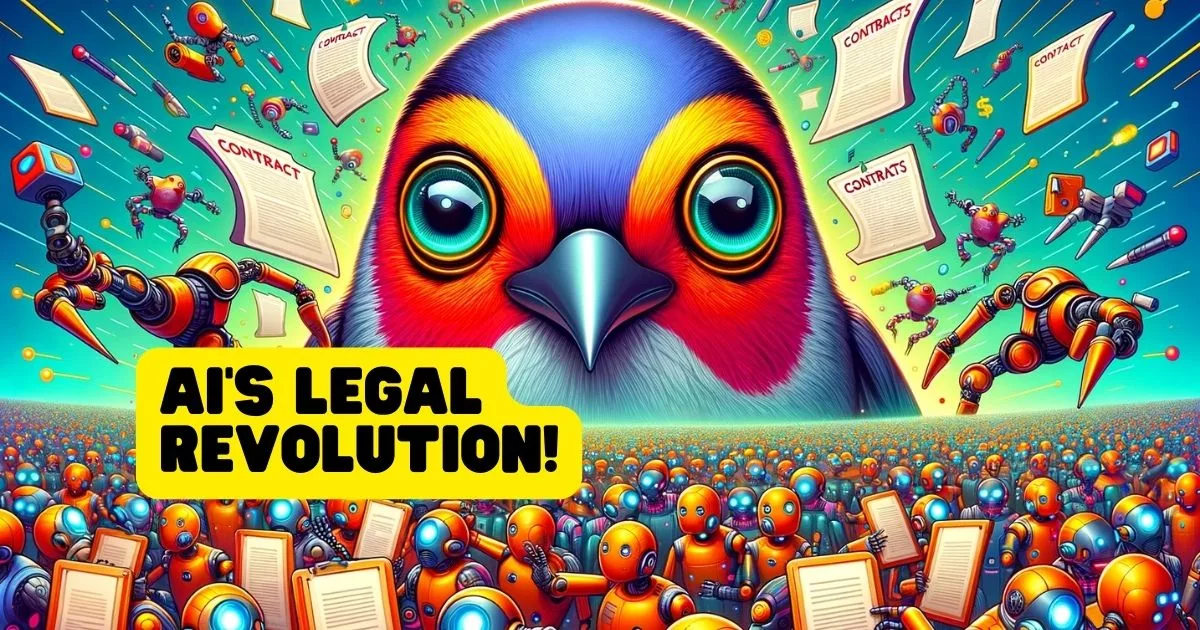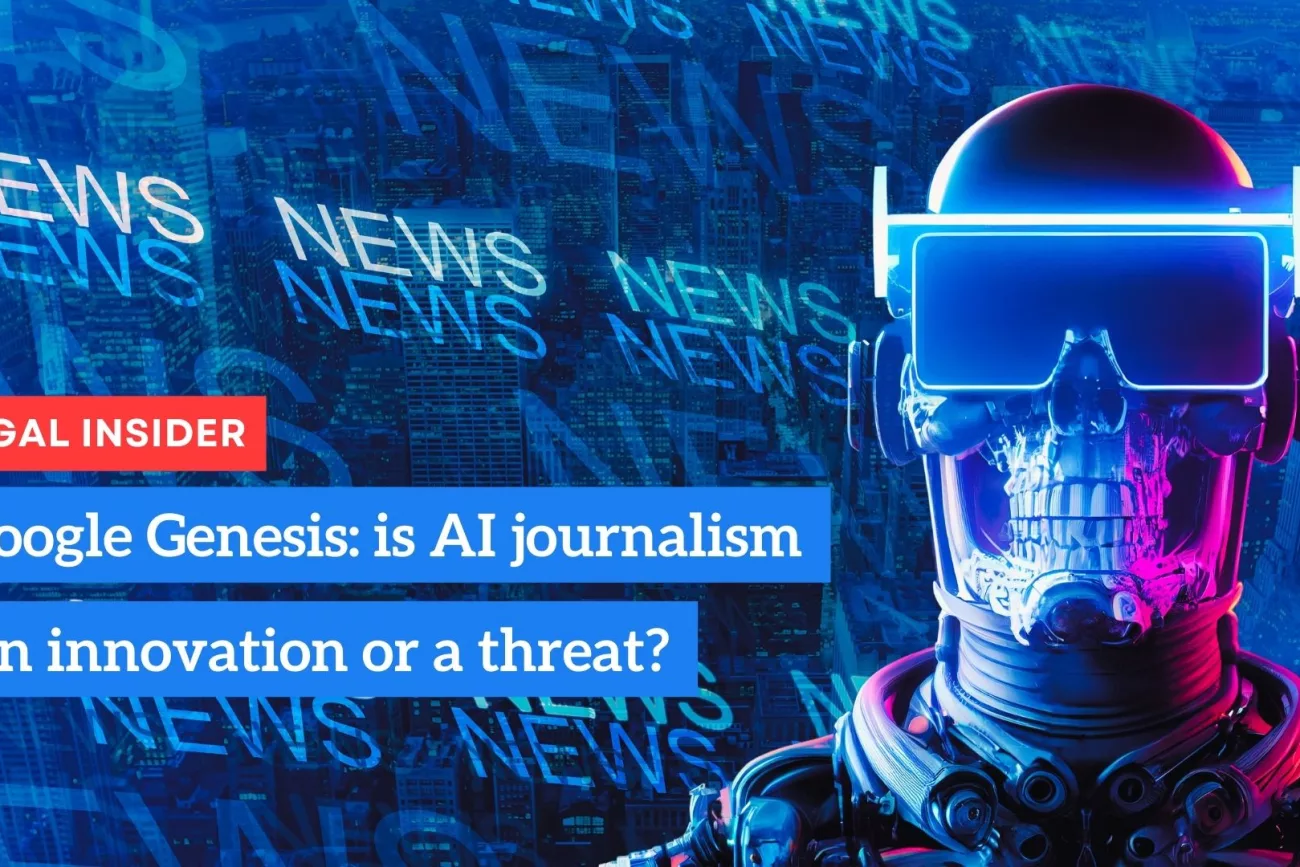
Key Points:
- AI offers unprecedented potential in law by automating tasks, refining research, and continuously learning.
- Despite its benefits, AI presents challenges like ethical dilemmas, potential errors, and data security concerns.
- History shows that while new technologies often induce skepticism, they can be integrated ethically and effectively with time and understanding.
- Legal professionals need to balance the allure of AI’s efficiencies with a keen understanding of its limitations and potential pitfalls.
🚀 AI: Savior or Saboteur? Decoding the Role of Artificial Intelligence in the World of Legal Eagles 🦅
🔥 The Age of Artificial Intelligence
It’s the era of chatbots, digital assistants, and, dare we say, potential “robolawyers”. As artificial intelligence (AI) sways the legal dance floor, lawyers worldwide need to decide: embrace the groove or retreat to the wall. But wait, before getting swept up in this technological tango, let’s address the jazzed-up controversy AI brings to the legal world. 🕺
🚧 The AI Frontier in Law: The Intricacies and Icarus Moments
📈 Trend Alert: The AI Phenomenon
From Silver Screen to Reality: AI systems, once the heroes and villains of sci-fi cinema, have landed starring roles in the real world. Whether it’s Alexa managing your daily tasks or ChatGPT playing the sophisticated lawyer, these entities are increasingly commanding respect and attention.
Rapid Progression: Today, we’re at a point where ‘AI in law’ isn’t a hypothetical scenario anymore. As technology progresses, it’s transforming the very fabric of the legal world, with both incremental changes and sweeping revolutions.
💡 Bright Side: Reaping the Rewards of AI in Legal Practice
Time is Money: Gone are the days when hours, or even days, were spent pouring over books and case files. AI tools are swiftly making redundant tasks obsolete. The outcome? Legal professionals save not just time, but also the costs associated with prolonged research and documentation.
Automation & Precision: Discovering precedents or digging out critical case points can now be automated, ensuring not just speed but also a high level of accuracy. Moreover, drafting legal documents or doing a preliminary review? There’s an AI tool for that, bringing uniformity and precision to the forefront.
Adaptable Learning: Modern AI systems aren’t just static tools. They learn and evolve. The more they’re used, the more refined and tailored their assistance becomes. This ensures a continuously improving resource for legal professionals.
❌ Red Flags: AI’s Growing Pains in the Law Landscape
Not a Panacea: It’s easy to get swayed by the allure of AI, but it’s crucial to remember that AI isn’t infallible. No matter how advanced, these systems are still prone to errors, be it due to flawed training data or inherent biases.
The Ethical Labyrinth: With great power comes great responsibility, and AI is no exception. There are burgeoning ethical concerns: Can an AI system truly understand the intricacies of human emotions in a courtroom? Is it ethical to rely on a machine’s judgement without human oversight? These questions are still up for debate.
Data Security and Privacy: AI thrives on data. But the more information it consumes, the bigger the concerns about data privacy. If an AI tool is fed sensitive client information, how secure is that data from breaches? The thought of proprietary client data in the wrong hands can send chills down any legal professional’s spine.
Over-reliance Dilemma: The convenience of AI might lead to an over-reliance, causing professionals to sideline their intuition and judgement. And in the world of law, where every case is unique, human intuition can often be the game-changer.
In a nutshell, the AI frontier in law is bustling with opportunities and challenges. Embracing its positives while being wary of its pitfalls will be the key to navigating this brave new world. 🌐🔍🤖
🎓 Legal Tech: Savior or Saboteur?
A. The Mirage of Accurate Info: Piercing Through the Veil of AI’s Claims
🔍 Reality Check: When AI Channels Its Inner Espresso Junkie
High-Speed, Low Precision: Picture this: a young, enthusiastic intern, caffeine coursing through their veins, typing at the speed of light. It’s impressive, even mesmerizing, but punctuated with errors. This is the dynamic energy AI platforms like ChatGPT channel when generating content. Their processing speeds are unmatched, but the quest for accuracy? That’s an ongoing challenge.
A Library, Not a Prophet: ChatGPT, with its vast database, can feel like an encyclopedic powerhouse. And while it can churn out reams of information, discerning factually precise legal answers isn’t its primary function. Expecting it to be the Delphic oracle of the legal world would be a misstep.
⚖ Case in Point: The Legal Labyrinth of Mata v. Avianca
When Modernity Misfires: The allure of technology is undeniable, especially for those keen on staying ahead of the curve. But when a lawyer, in a bid to embrace modernity, places unwavering trust in an AI’s legal acumen, the stage is often set for misadventures. The tale of Mata v. Avianca is a testament to this.
The Pied Piper of AI: Led astray by the siren song of a machine’s confidence, our lawyer found themselves on shaky ground. The AI, much like an intern eager to impress but lacking the depth of knowledge, spouted fictitious case references, dragging its user into a quagmire of legal complications.
💡 Lesson Learned: When AI’s Luster Loses Its Shine
Navigating the Maze of AI Sophistication: On the surface, AI tools exude a sheen of perfection, a promise of unparalleled efficiency. But beneath this polished exterior lies a machine still learning, still evolving. Recognizing this is essential. For while they offer immense potential, an unchecked faith in their infallibility can lead one down paths best avoided, as the “Mata v. Avianca” incident illuminated.
As we stand at the crossroads of technology and legal practice, understanding the strengths and limitations of tools at our disposal becomes paramount. The promise of AI is vast, but like any tool, its efficacy is determined by the judiciousness of its user.
B. Private Eyes are Watching You: The Dark Corners of AI’s Data Storage
🚫 No Secrets: When AI Platforms Turn into Chatty Kathys
Not So Confidential Chats: Feeling comfortable divulging secrets to your AI companion? A reality check might be in order. Platforms like ChatGPT, while seemingly private, could potentially share snippets of your conversation with developers behind the scenes.
The Unintended Eavesdroppers: It’s more than just the creators eavesdropping. Some platforms could allow third-party entities a front-row seat to your digital dialogues. This isn’t just a breach of privacy—it’s akin to shouting your secrets into a crowded room.
🔐 Security Matters: The Fort Knox of Client Information?
Vulnerable Vaults: We often view AI platforms as impenetrable fortresses, ideal for storing sensitive client data. But what if these vaults have secret passages, known to unsavory characters eager to mine the information gold within?
Sacred Trust in the Legal Landscape: Upholding client confidentiality is more than an ethical guideline in the legal profession—it’s a cornerstone. Any deviation, whether intentional or accidental, can lead to severe repercussions, both in monetary terms and damage to a firm’s reputation.
🌐 The Global Ripple: Even Titans Aren’t Immune
The Samsung Saga: Corporate behemoths aren’t exempt from the pitfalls of AI data management. A case in point is Samsung, a global tech titan. Despite its vast resources and expertise, it wasn’t spared the blushes of a data oversight, reminding everyone in the industry that even giants can falter.
The allure of AI in legal technology is undeniable. Its capabilities are transformative, ushering in an era of efficiency and innovation. However, the shadows it casts—particularly in data management and privacy—are significant. It’s a double-edged sword, and its mastery lies in cautious and informed navigation. In this brave new world of AI, prudence, more than ever, becomes the better part of valor. 🌐🔍🤖
🚦 Lessons from the Past: Embracing Change While Navigating Risks
📬 The Email Epoch: From Skepticism to Staple
The Dawn of Digital Mail: When emails first entered the professional scene, they represented a radical shift. Lawyers, dealing with confidential information, were understandably wary. Concerns about hacking, unintended recipients, and data breaches abounded.
Evolution and Acceptance: But as encryption improved and professionals became more tech-savvy, emails went from being a potential hazard to an indispensable tool. Nowadays, they’re as much a part of a lawyer’s daily routine as sipping their morning coffee.
☁ The Cloud Conundrum: Floating Fears to Firm Foundations
Initial Storm Clouds: The introduction of cloud computing to the legal profession was met with trepidation. Handing off data to be stored in some nebulous ‘cloud’ seemed counterintuitive and risky. Concerns about data sovereignty, access control, and potential breaches were at the forefront of discussions.
Silver Linings: Over time, however, as cloud providers bolstered their security protocols and legal firms gained a better understanding of the technology, the advantages began to overshadow the initial fears. The ability to access data remotely, scalability, and cost savings made cloud computing a norm in legal practice.
🤖 The AI Puzzle: Echoes of the Past, Visions of the Future
Déjà Vu: The apprehension surrounding AI in the legal realm feels like history repeating itself. While the technology is more complex and its implications more profound, the cycle of skepticism, understanding, and eventual integration seems familiar.
Charting the AI Course: But even with past lessons, the stakes with AI are higher. Its capabilities and potential impacts are unparalleled. Thus, while it’s tempting to rush and embrace the efficiencies AI offers, it’s imperative for legal practitioners to prioritize ethical considerations and remain vigilant about potential pitfalls.
History underscores a crucial lesson for the legal profession: technological advancements, while initially intimidating, can be integrated ethically and effectively. However, this transition requires patience, understanding, and a steadfast commitment to upholding the profession’s core principles. As the saying goes, “Those who cannot remember the past are condemned to repeat it.” In the context of legal tech, this wisdom rings especially true. 🚦📜🔍
🎯 To AI or Not to AI?
The AI revolution is upon us. Its potential is astronomical, but so are its pitfalls. As lawyers, threading the thin line between technological marvels and ethical minefields has never been more pivotal. We can’t turn back the clock on progress, but we must decide how to navigate the future. 🌌
📣 Calling All Legal Innovators!
Hungry for more insights? Eager to stay ahead in the ever-evolving world of law and tech? Subscribe to our 🚀 groundbreaking 📩 newsletter and join the revolution!
📜 P.S. This article might rank in SEO, but remember, true value lies in genuine human experience and insights. Cheers to the humans reading this! 🥂
Share this post
Frequently Asked Questions (FAQs)
Q: What potential does AI offer to the legal field?
A: AI provides faster research, automation, precision, and adaptable learning which can save time and costs for legal professionals.
Q: What are the challenges of using AI in law?
A: AI systems can have errors, ethical concerns, data security issues, and might lead to over-reliance sidelining human intuition.
Q: How has the legal world responded to previous technological changes like email and cloud computing?
A: Initially met with skepticism due to security concerns, both were eventually embraced as indispensable tools as their security and utility improved.
Q: Why is there concern about AI data storage in the legal profession?
A: There are fears about breaches in client confidentiality, data leaks, and third parties accessing sensitive conversations.
Q:Is it safe to rely solely on AI for legal decisions?
A: No, while AI offers efficiency and vast knowledge, human oversight, intuition, and ethical considerations remain irreplaceable.














